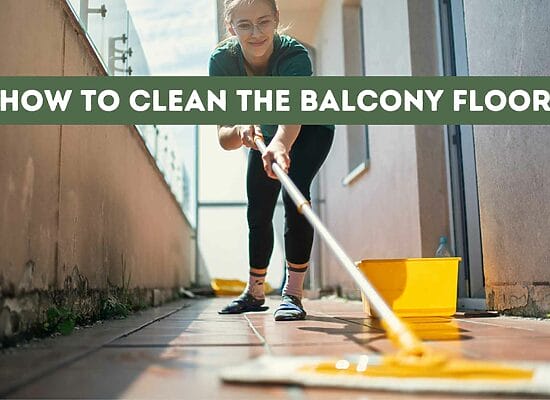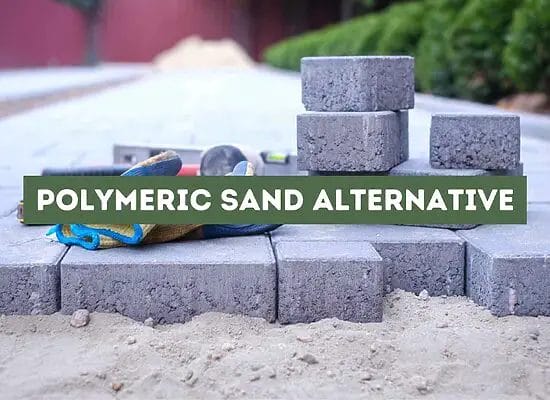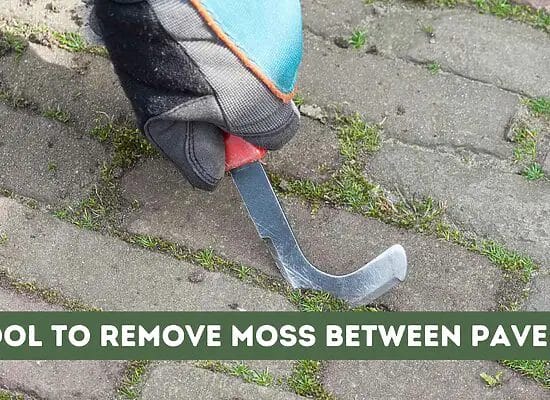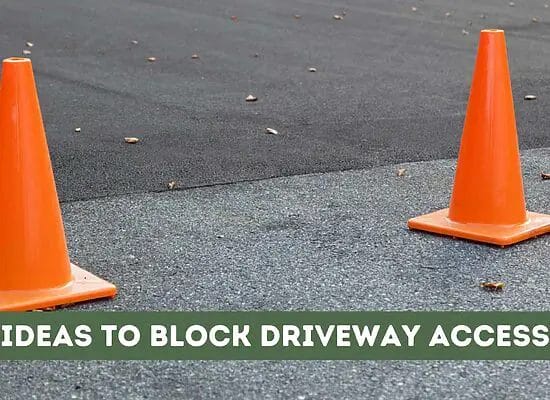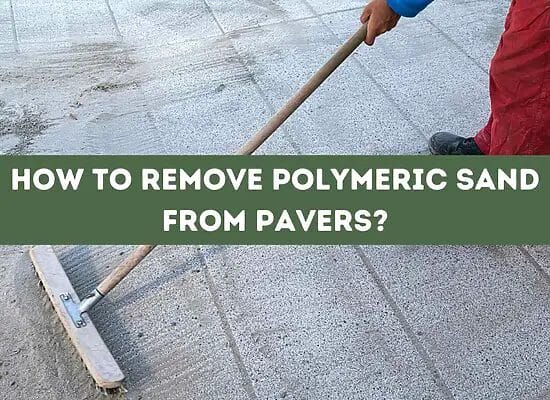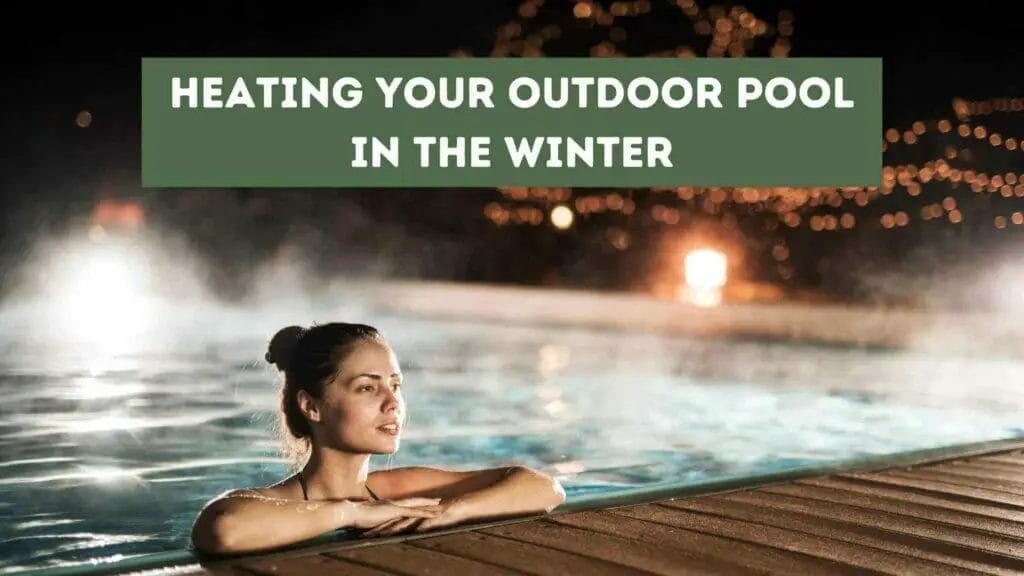
If you’re a pool owner, you might be wondering if it’s possible to enjoy your outdoor pool during the winter months. The answer is yes! With the right equipment and maintenance, you can heat your pool and enjoy a swim even on the coldest days.
There are several options for heating your outdoor pool in the winter, each with its own benefits and drawbacks. From liquid solar covers to heat pumps, there’s a solution for every budget and climate.
By understanding the pros and cons of each method, you can make an informed decision about the best way to heat your pool this winter.
Key takeaways:
- With the right equipment and maintenance, it is possible to heat your outdoor pool and enjoy swimming during the winter months.
- There are several options for heating your outdoor pool in winter, such as pool heaters, heat pumps, and solar heaters, each with their own benefits and drawbacks.
- Factors to consider when choosing a heating method include the size of your pool, desired temperature, and budget.
- Insulation, wind protection, and pool cover usage can help maximize the efficiency of pool heating and reduce heat loss.
- Heating your pool in winter allows for year-round use, prevents damage from freezing temperatures, and provides health benefits.
- The cost of heating your pool depends on factors like location, pool size, and the type of heating system you choose.
- Energy efficiency and sustainability are important considerations when selecting a pool heater, with options like heat pumps and solar heaters being more environmentally friendly.
Understanding Pool Heating
If you’re looking to enjoy a swim in your outdoor pool during the winter months, you’ll need to consider pool heating. There are several options available, including pool heaters and heat pumps, but it’s important to understand how they work and their associated costs.
Pool heaters use natural gas or propane to heat the water in your pool. They are quick to heat up and can maintain a consistent temperature, but they can be expensive to operate. On the other hand, heat pumps use electricity to transfer heat from the air to the water in your pool. They are more energy-efficient, but they can take longer to heat up and may struggle to maintain a consistent temperature in colder climates.
When deciding how to heat your pool, you’ll need to consider the size of your pool, the desired temperature, and your budget. You can use a pool heater or heat pump calculator to estimate the costs of heating your pool.
To heat your pool efficiently, you’ll also need to consider factors such as insulation, wind protection, and pool cover usage. Insulating your pool can help reduce heat loss, while wind protection can prevent heat loss due to evaporation. Using a pool cover can also help retain heat and reduce the amount of energy needed to maintain your desired pool temperature.
It’s important to note that the cost of heating your pool can vary depending on factors such as your location, the size of your pool, and the type of heating system you choose. However, by understanding the different options available and taking steps to maximize efficiency, you can enjoy a comfortable swim in your outdoor pool even during the colder months.
Why Heat Your Pool in Winter
If you have an outdoor pool, you may be wondering if it’s worth it to heat it during the winter months. The answer is yes, and here’s why.
Firstly, heating your pool in the winter allows you to use it year-round. You don’t have to wait for the warmer months to enjoy a swim. By heating your pool, you can maintain a comfortable temperature even in colder climates.
Secondly, heating your pool in the winter can also help prevent damage caused by freezing temperatures. When water freezes, it expands, which can cause your pool’s pipes and equipment to crack or break. By keeping your pool heated, you can prevent this from happening.
There are also health benefits to heating your pool in the winter. Swimming is a great form of exercise, and by heating your pool, you can continue to enjoy this activity even when the weather outside is chilly.
Now, you may be wondering how much it costs to heat your pool in the winter. The cost will depend on several factors, including the size of your pool, the type of heating system you use, and the temperature you want to maintain. Solar heating is an environmentally friendly and inexpensive option, but it may require some know-how and regular adjustment. Heat pump pool heaters are also an energy-efficient option to consider.
Heating Methods for Outdoor Pools
When it comes to heating your outdoor pool during the winter, there are a variety of heating methods available. In this section, we’ll explore some of the most common methods, including heat pumps, gas heaters, electric resistance heaters, solar heaters, and water-source heat pumps.
Heat Pumps
Heat pumps are an energy-efficient way to heat your pool. They work by extracting heat from the air and transferring it to the water in your pool. This means that they use less energy than traditional heating methods, such as gas heaters. Heat pumps are also more environmentally friendly, as they don’t produce any emissions.
One thing to keep in mind with heat pumps is that they work best in areas with mild winters. If you live in an area with very cold winters, you may need to supplement your heat pump with another heating method.
Gas Heaters
Gas heaters are a popular choice for heating outdoor pools. They work by burning either propane or natural gas to heat the water in your pool. Gas heaters are quick and efficient, and they can heat your pool to a comfortable temperature in a short amount of time.
One thing to keep in mind with gas heaters is that they can be expensive to operate, especially if you use them frequently. Additionally, they produce emissions, so they may not be the best choice if you’re looking for an environmentally friendly option.
Electric Resistance Heaters
Electric resistance heaters work by passing an electric current through a heating element, which then heats the water in your pool. They are a good option if you have a small pool or if you only use your pool occasionally, as they are relatively inexpensive to purchase.
However, electric resistance heaters can be expensive to operate, especially if you use them frequently. They are also less energy-efficient than other heating methods, such as heat pumps.
Solar Heaters
Solar heaters are a great option if you’re looking for an environmentally friendly way to heat your pool. They work by using the sun’s energy to heat the water in your pool. Solar heaters are relatively inexpensive to operate, as they don’t require any electricity or gas.
One thing to keep in mind with solar heaters is that they work best in areas with lots of sunlight. If you live in an area with long, dark winters, you may need to supplement your solar heater with another heating method.
Water-Source Heat Pumps
Water-source heat pumps work in a similar way to air-source heat pumps, except they extract heat from a nearby body of water instead of the air. They are a good option if you live near a lake or river and want an energy-efficient way to heat your pool.
One thing to keep in mind with water-source heat pumps is that they can be expensive to install, as they require a nearby body of water. However, they are very energy-efficient and can save you money on your energy bills in the long run.
Costs Involved in Pool Heating
Heating an outdoor pool in winter can be a great way to extend your swimming season and enjoy your pool year-round. However, it is important to consider the costs involved in pool heating before making the decision to invest in a pool heater. In this section, we will discuss the various costs associated with heating a pool, including installation costs, operating costs, and maintenance costs.
Installation Costs
The installation costs of a pool heater can vary depending on the type of heater you choose, the size of your pool, and the complexity of the installation. Here are some estimated installation costs for different types of pool heaters:
- Gas pool heaters: $1,000 to $4,500
- Electric heat pumps: $2,500 to $7,500
- Solar pool heaters: $3,000 to $8,000
It is important to note that these costs do not include the cost of installation labor, which can range from $500 to $1,500.
Operating Costs
The operating costs of a pool heater can also vary depending on the type of heater you choose, the size of your pool, and the climate in your area. Here are some estimated operating costs for different types of pool heaters:
- Gas pool heaters: $200 to $400 per month
- Electric heat pumps: $100 to $200 per month
- Solar pool heaters: $0 per month (after initial installation costs)
Maintenance Costs
In addition to installation and operating costs, there are also maintenance costs associated with pool heating. Regular maintenance of your pool heater can help ensure it operates efficiently and lasts as long as possible. Here are some common maintenance costs to consider:
- Annual maintenance check-ups: $100 to $200
- Replacement parts: $50 to $500 (depending on the part)
It is important to keep in mind that regular maintenance can help prevent costly repairs and extend the lifespan of your pool heater.
Efficiency and Sustainability of Pool Heaters
When it comes to heating your outdoor pool in winter, you want to make sure that you are doing it efficiently and sustainably. Not only will this help you save money on your energy bills, but it will also reduce your carbon footprint and help protect the environment.
One of the most important things to consider when it comes to pool heaters is their energy efficiency. Energy-efficient pool heaters can help you save money on your energy bills and reduce your carbon footprint. For example, an energy-efficient pool heater can save you up to 30% on your energy bills compared to a standard pool heater.
There are several types of energy-efficient pool heaters available, including heat pump pool heaters and solar pool heaters. Heat pump pool heaters are one of the most popular types of energy-efficient pool heaters because they use electricity to capture heat from the air and transfer it to the water. This makes them more energy-efficient than traditional pool heaters that rely on burning fossil fuels.
Solar pool heaters are also a great option for those who want to heat their pool sustainably. They use renewable energy from the sun to heat the water, which means that they don’t produce any greenhouse gas emissions or contribute to climate change. While they may be more expensive to install initially, they can save you a lot of money in the long run.
Another important factor to consider when it comes to pool heaters is their sustainability. Eco-friendly pool heaters are designed to be sustainable and reduce their impact on the environment. For example, some pool heaters are made from recycled materials, while others use eco-friendly refrigerants that don’t harm the ozone layer.
When it comes to maintaining the energy efficiency and sustainability of your pool heater, there are a few things that you can do. For example, you can make sure that your pool heater is properly sized for your pool, which will help it operate more efficiently. You can also use a pool cover to help retain heat and reduce evaporation, which will help your pool heater work less and save energy.
Maintaining Optimum Pool Temperature
When it comes to heating an outdoor pool in winter, maintaining the optimum temperature is key to ensuring that you can enjoy your pool all year round. The ideal pool water temperature is typically between 78ºF to 82ºF, but this can vary depending on your personal preference and needs.
One factor that can affect the pool temperature is the outdoor temperature. As the temperature drops, so does the pool water temperature. To combat this, you can use a pool cover or solar blanket to trap in the heat and prevent heat loss through evaporation. This can help keep the water warm and reduce your energy costs.
Another way to maintain the pool temperature is by using a heat pump or gas heater. Heat pumps are more energy-efficient than gas heaters, but they can take longer to heat up the water. Gas heaters, on the other hand, heat up the water quickly but can be noisy and costly to operate.
It’s also important to keep an eye on the evaporator coil, which can freeze if the temperature drops below 45 degrees. Regular maintenance and cleaning can help prevent this from happening.
If you live near a lake, pond, or well, you can also use the natural heat from these sources to warm up your pool. However, keep in mind that the temperature of these sources may not always be suitable for swimming.
Choosing the Right Heater for Your Pool
When it comes to heating your outdoor pool during the winter, choosing the right heater is crucial. Not only can it make a difference in the quality of your swimming experience, but it can also affect the lifespan of your heater and your wallet. Here are some factors to consider when selecting the right heater for your pool:
Type of Heater
There are three main types of pool heaters: gas, electric, and solar. Gas heaters are a good option for those who want a quick and reliable source of heat. Electric heaters are more cost-effective in the long run, but they take longer to heat up. Solar heaters are the most energy-efficient, but they are dependent on the weather and may not be suitable for colder climates.
Size of Heater
The size of your heater will depend on the size of your pool and the length of your pool season. A larger pool will require a larger heater, while a shorter pool season may require a more powerful heater to heat the pool quickly. Use a BTU calculator to determine the size of the heater you need.
Efficiency
Efficiency is an important factor to consider when choosing a pool heater. Look for a heater with a high COP (Coefficient of Performance) rating, which measures the amount of heat produced per unit of energy consumed. A higher COP means a more efficient heater and lower operating costs.
Reliability
A pool heater is a significant investment, and you want to make sure it is reliable and has a long lifespan. Look for heaters with a good warranty and a high-quality flue to ensure proper ventilation and safety.
Cost
The cost of a pool heater will depend on the type of heater, size, and efficiency. While a more expensive heater may have a higher initial cost, it may be more cost-effective in the long run due to its efficiency and lifespan.
Pool Heating and Water Chemistry
To keep your pool warm and comfortable during the winter months, you will need to invest in a heating system. There are several options available, including gas, electric, and solar heaters. Gas heaters are the most popular choice, as they are quick and efficient. Electric heaters are more expensive to run, but they are a good choice if you live in an area with high electricity rates. Solar heaters are the most eco-friendly option, but they can be expensive to install.
Once you have chosen your heating system, you will need to ensure that the water chemistry is correct. During the winter months, you should aim to keep the pH level between 7.2 and 7.8. This will help to prevent the growth of algae and bacteria. You should also maintain a chlorine level of 1-3 parts per million (ppm) to keep the water clean and clear.
To maintain the correct water chemistry, you should test the water regularly using a pool test kit. This will help you to identify any imbalances and make adjustments as necessary. You should also shock your pool once a week to kill any bacteria and algae that may be present.
It is important to note that heating your pool can affect the water chemistry. As the water temperature rises, the pH level can increase, and the chlorine can become less effective. To counteract this, you may need to adjust the pH level and add more chlorine.
In addition to maintaining the correct water chemistry, you should also invest in a pool cover. This will help to keep the water warm and reduce heat loss. A cover can also prevent debris from entering the pool and reduce evaporation.
FAQ: Heating Your Outdoor Pool in Winter
What is the most efficient way to heat a pool in the winter?
The most efficient way to heat a pool in the winter is by using a pool cover. A pool cover can help to retain the heat in the water and prevent it from escaping into the air. Additionally, solar pool covers can also help to absorb heat from the sun and transfer it to the water. Another efficient way to heat a pool in the winter is by using a pool heater, such as a gas or electric heater.
What temperature should a pool be heated to in the winter?
The ideal temperature for a pool in the winter is between 78°F and 82°F (25.5°C and 28°C). However, the temperature that you choose to heat your pool to will depend on your personal preference and the climate in your area.
How do you heat an outdoor pool?
There are several ways to heat an outdoor pool, including using a pool heater, a heat pump, or a solar pool heater. A pool heater uses gas or electricity to heat the water, while a heat pump uses electricity to transfer heat from the air to the water. A solar pool heater uses energy from the sun to heat the water.
How do you heat an above-ground pool in the winter?
To heat an above-ground pool in the winter, you can use a pool heater, a heat pump, or a solar pool heater. You can also use a pool cover to help retain the heat in the water and prevent it from escaping into the air.
Can you swim in a heated pool in the winter?
Yes, you can swim in a heated pool in the winter. However, the temperature of the water may not be as warm as it would be in the summer, so you may want to wear a wetsuit or other warm clothing to stay comfortable.
Keeping above-ground pool open in winter
To keep an above-ground pool open in the winter, you should make sure that the water is properly balanced and treated with chemicals to prevent algae growth. You should also use a pool cover to help retain the heat in the water and prevent debris from getting into the pool. Additionally, you should check the pool regularly for any signs of damage or wear and tear.

